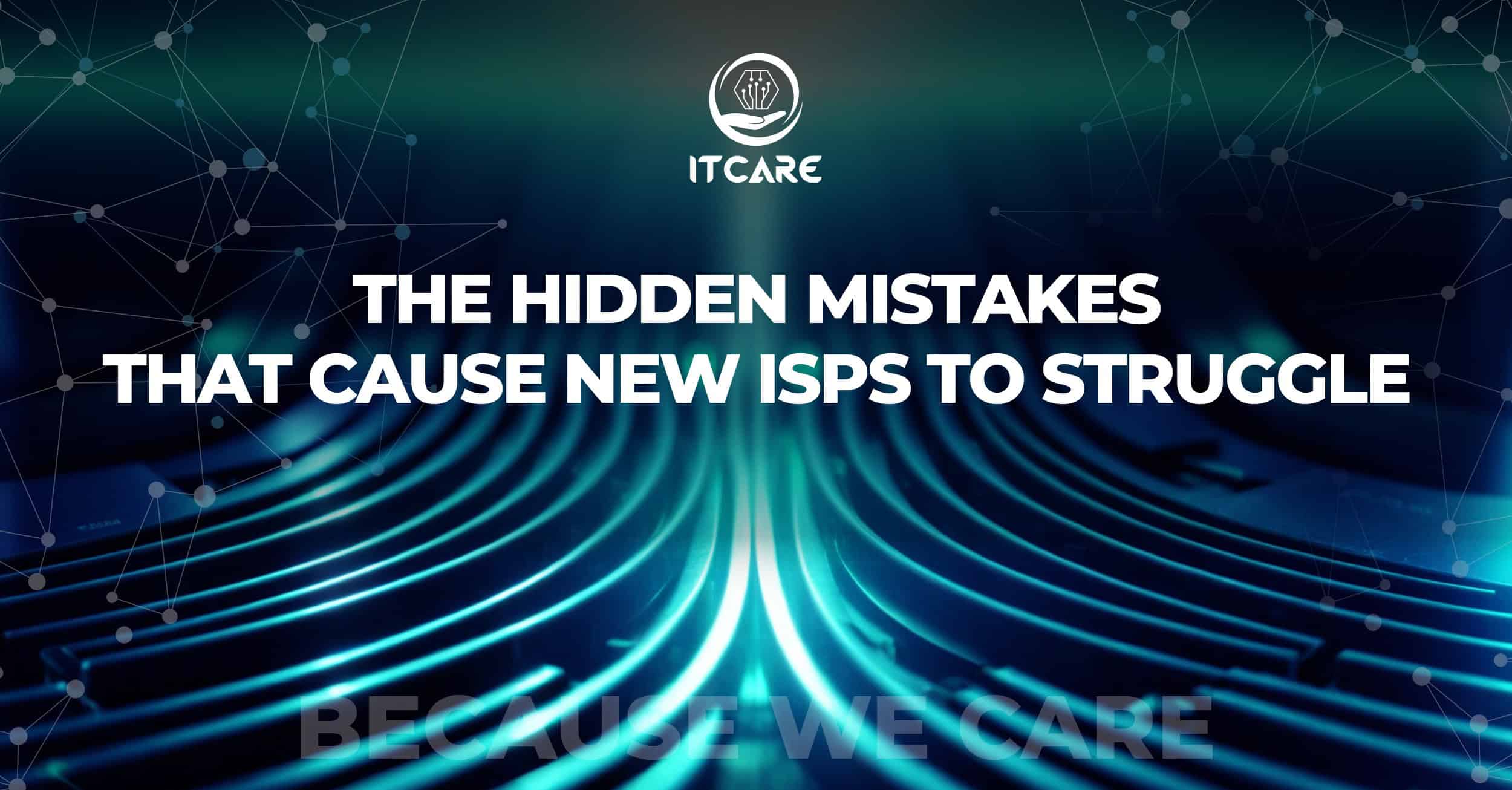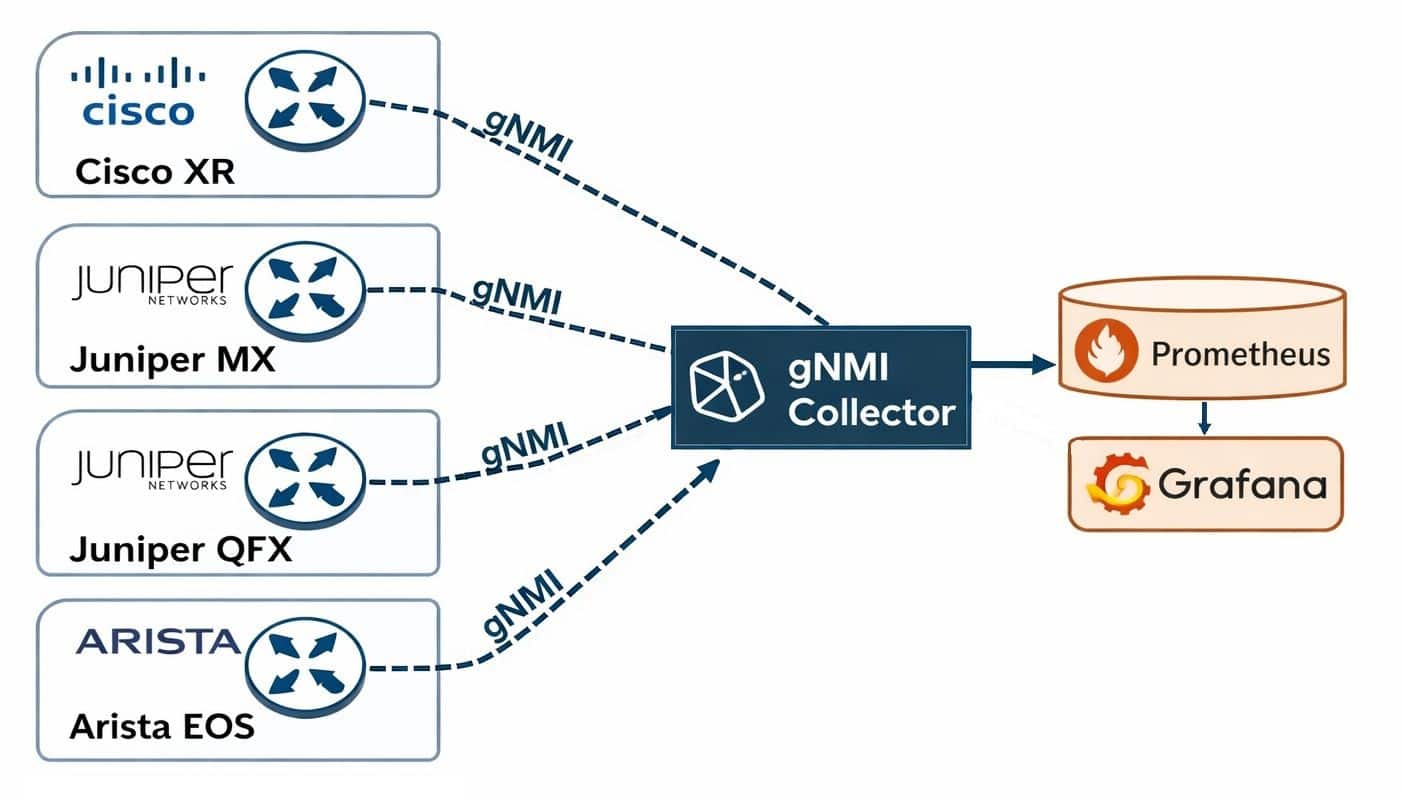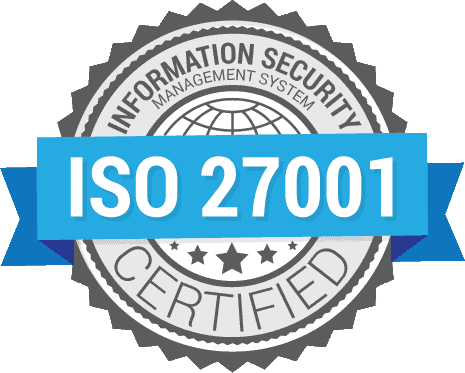The impact of network engineering support on optimizing network performance
When your network lags or faces frequent disruptions, the effects ripple across your entire business. Tasks slow down, collaboration suffers, and client satisfaction dips. Investing in network engineering support is more than a technical upgrade, it’s a strategic move that ensures your infrastructure stays resilient, efficient, and responsive. With dedicated professionals monitoring, troubleshooting, and optimizing your systems, you gain more than uptime: you gain operational clarity, predictable costs, and the ability to scale confidently.
How proactive monitoring boosts network performance
Continuous network monitoring transforms IT from reactive firefighting to strategic oversight. Skilled engineers track traffic patterns, detect anomalies, and address bottlenecks before they escalate into downtime. By leveraging real-time detection tools, your network can automatically alert engineers to irregular spikes, packet loss, or latency issues.
For example:
bandwidth management: engineers identify which applications consume the most resources and adjust policies to maintain smooth performance;
failure prevention: predictive analytics spot potential hardware or link failures, allowing preemptive replacements;
SLA adherence: timely detection ensures service-level agreements are met, avoiding business disruption.
Proactive monitoring keeps your business running at optimal speed, prevents costly outages, and provides valuable insights into how your network evolves over time.
Ensure your network performs at its peak. Contact ITcare today to explore managed services, professional engineering support, and solutions that keep your business fast, secure, and reliable.
Expert troubleshooting reduces downtime and operational risk
Even the most resilient networks encounter issues. The difference lies in how quickly and efficiently problems are resolved. L2 and L3 network engineers bring deep knowledge of routing protocols, MPLS, BGP, OSPF, and QoS to rapidly isolate root causes.
Consider a multi-site company experiencing intermittent VPN disconnections. A certified network engineer can:
trace the issue across different network layers;
adjust firewall rules or routing configurations without disrupting operations;
implement automation for repetitive, high-risk tasks to prevent recurrence.
By relying on experienced support, you reduce downtime from hours to minutes, maintain consistent productivity, and safeguard sensitive business data.
Designing scalable and resilient network architecture
Performance isn’t just about fixing problems, it’s about building a network that grows with your business. Network engineers design layered, high-availability network architectures that handle traffic surges, support virtualization, and integrate multi-vendor environments seamlessly.
Key strategies include:
traffic optimization: prioritizing critical applications to avoid congestion;
failover systems: redundant paths ensure continuity during hardware failures;
hardware lifecycle planning: scheduled replacements prevent unexpected outages.
A well-structured network design balances efficiency and reliability, reduces operational complexity, and positions your infrastructure to support future expansion without costly rework.
Integrating cloud and virtualization for flexible operations

Modern businesses increasingly rely on cloud services and virtualized environments. Engineers assess cloud readiness, implement phased migration strategies, and optimize virtual machines to maintain performance.
Benefits
Resource scalability: quickly adjust capacity based on demand without physical hardware constraints;
Secure integration: protect data with layered security controls across cloud and on-prem systems;
Simplified maintenance: centralized monitoring reduces the effort required for routine updates and backups.
By integrating cloud and virtualization effectively, engineers give your network the flexibility to handle growth, adapt to changing workloads, and maintain seamless performance.
Continuous optimization and automation for long-term efficiency
Network engineering isn’t a one-time effort. Continuous optimization leverages tools like Ansible, Terraform, and Kubernetes to automate configuration, monitor metrics, and streamline operations.
For instance:
automating configuration deployment eliminates human error and accelerates updates;
continuous log analysis identifies underutilized resources or potential security vulnerabilities;
DevOps practices ensure that updates and patches do not interrupt critical services.
This ongoing optimization enhances performance while reducing operational costs and the burden on internal IT teams.
Measurable outcomes and business impact
Partnering with ITcare or similar experts delivers tangible benefits:
60–70% reduction in operational expenses due to optimized workflows and lean support structures;
rapid incident resolution within minutes instead of hours;
full visibility into network health, metrics, and performance trends;
scalable infrastructure prepared for future growth without repeated overhauls.
By quantifying improvements, you see that network support isn’t an expense, it’s a strategic investment in efficiency, stability, and competitiveness.
Optimizing network performance requires more than reactive fixes; it demands proactive monitoring, expert troubleshooting, smart design, and continuous optimization. With dedicated network engineers, you reduce downtime, streamline operations, and create infrastructure capable of evolving with your business. By combining technical expertise with structured service models, companies achieve efficiency, scalability, and peace of mind, transforming IT from a cost centre into a performance enabler.







